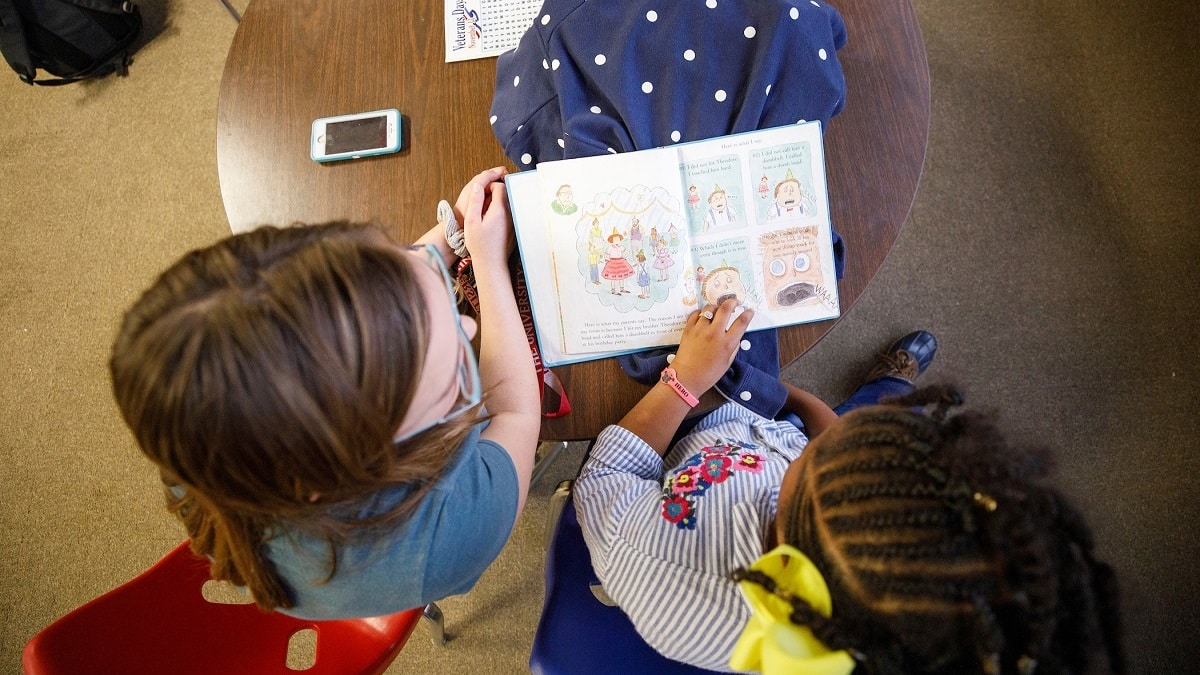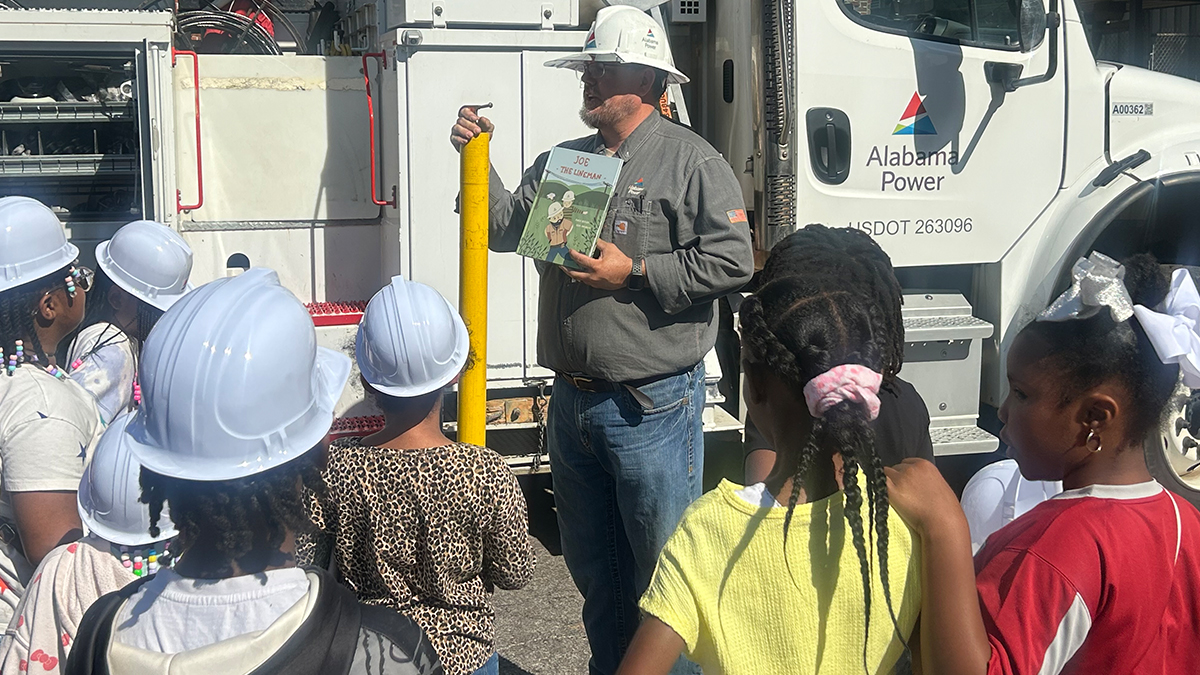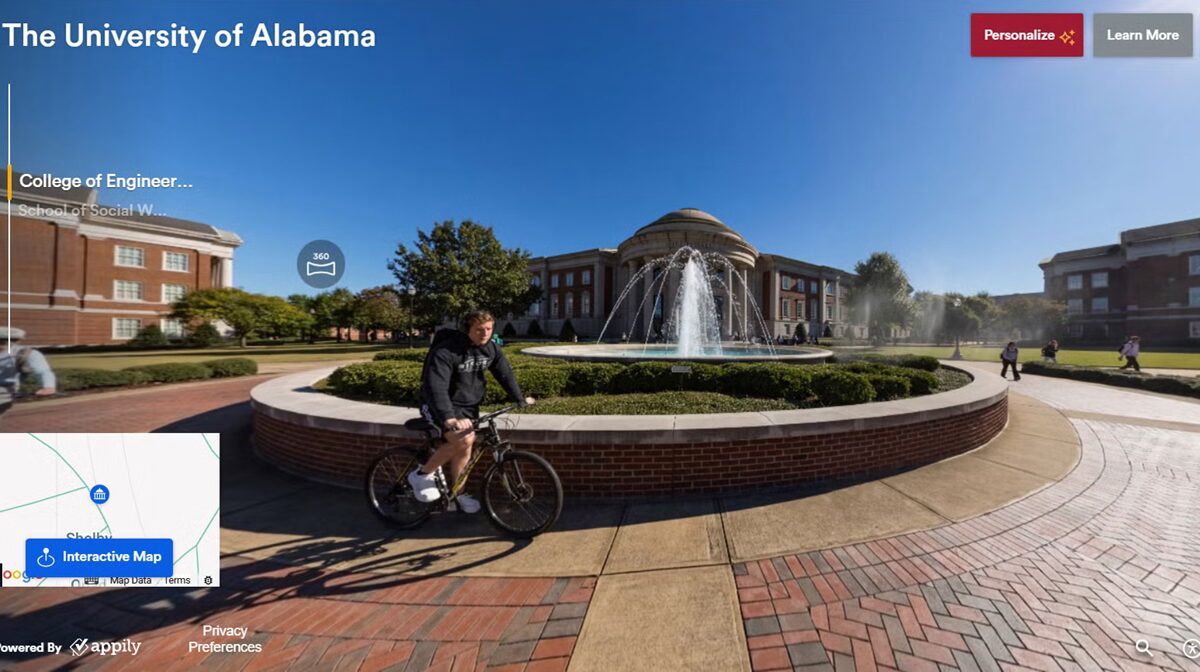University of Alabama launches talent development initiative for young students

TIDALua launches the University of Alabama as a leader in talent development for children in grades three through eight. (contributed)
The University of Alabama’s Gifted Education and Talent Development Office, also known as GETDO, recently launched a program to better support families of students capable of high levels of achievement.
The Talent Identification and Development Alliance for Learners Program, or TIDALua, will allow students in grades 3-8 to have their academic capabilities assessed virtually from home to support their talent development and place them in the appropriate academic environment to nurture their academic skill set.
TIDALua launches UA as a leader in talent development with the goal of supporting talented youths and their families, connecting them to appropriate programs and services at UA, and contributing to the well-being and development of the state. The program will extend access to these assessment services by offering virtual administration to families, particularly students in rural areas.
 “We have designed an assessment process that helps families and schools obtain actionable information about the needs of advanced learners,” said Jennifer Jolly, professor and program coordinator of gifted education at UA. “We anticipate developing resources to guide the use of talent identification assessments by parents, teachers, and schools and school systems.
“We have designed an assessment process that helps families and schools obtain actionable information about the needs of advanced learners,” said Jennifer Jolly, professor and program coordinator of gifted education at UA. “We anticipate developing resources to guide the use of talent identification assessments by parents, teachers, and schools and school systems.
“This initiative also offers opportunities to collaborate with other talent development centers in the United States and internationally.”
Students who participate in the program will take the Iowa Assessments, a battery of achievement tests designed to measure next-generation achievement standards and mastery. The key difference from typical state test experiences is that students will take the level associated with students two grade levels ahead of their current placement.
Jolly said the results from the assessments are meant to guide a number of activities. These include subject acceleration or modification to curriculum, identifying areas of strengths and weaknesses, tools for parents to use as they advocate for their child at school and evidence for entrance into a talent identification program.
“By offering above-level tests, parents and caregivers will have access to more refined information about their student’s learning needs,” Jolly said. “They can then use these results to advocate for curriculum and instruction that is better aligned to their student’s academic ability.”
TIDALua is part of UA’s Gifted Education and Talent Development Office. Launched in 2018, GETDO’s mission is to enable students, regardless of their background or circumstances, to fully realize their academic talent and pursue careers aligned with their talents and interests. It seeks to improve the services provided to students with exceptional academic potential through research, preparing teachers and educators, and through community-engaged scholarship related to creativity-infused science, technology, engineering and math education. GETDO is overseen by Jolly; Joni Lakin, associate professor of education studies at UA; and Kristen Lamb, assistant professor of gifted education at UA.
For more information on TIDALua or GETDO, visit www.getdo.ua.edu or @uaGETDO on Twitter.
This story originally appeared on the University of Alabama’s website.





